Hisense A6G (55A6G) review: the best cheap 4K TV if you want a BIG screen for less
The Hisense A6G is a cheap 4K TV that allows you go for a bigger screen without sacrificing detail and motion clarity to get there
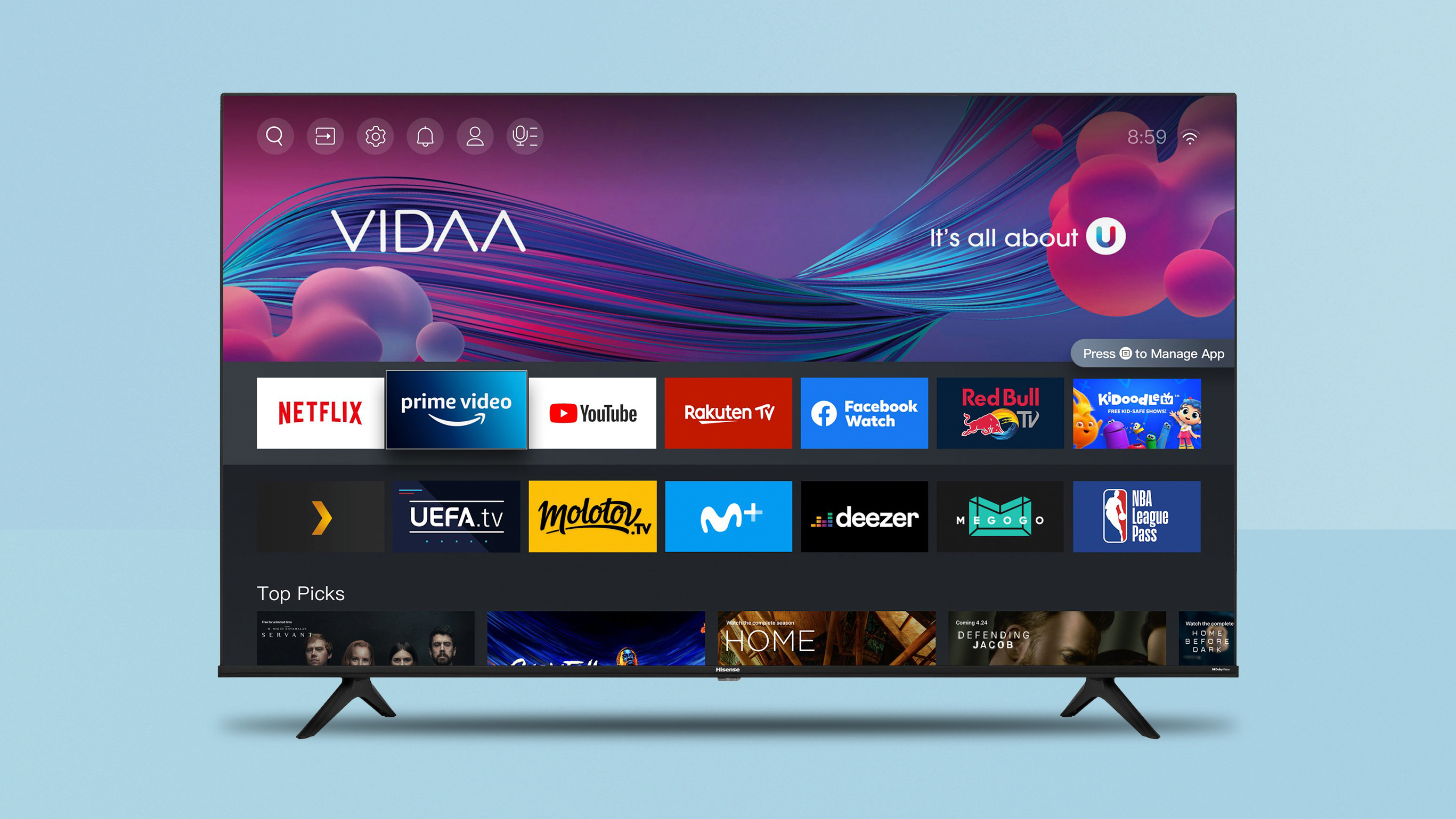
The Hisense A6G goes quite a long way towards being a bargain, and certainly where it’s good it’s well worth the money. It has more weak areas than we’ve lately become used to from Hisense, though, and you absolutely must budget for a soundbar - even the most affordable will make a worthwhile difference to your experience
-
+
A lot of screen for the money
-
+
Very watchable 4K and 1080p images
-
+
Solid list of features
-
-
Limited contrast range
-
-
Weedy audio quality
-
-
Other Hisense screens have a better smart TV interface
Why you can trust T3

This Hisense A6G review takes a long look at the 55-inch model in this crowd-pleasingly affordable TV range. There’s nothing novel about Hisense serving up a big, well-specified television at a price that makes other brands’ entry-level efforts look positively pricey, but lately the brand has (on occasion) managed to transcend its ‘affordable above all else’ image and deliver products that are worthwhile in and of themselves.
So naturally the Hisense A6G is aiming to achieve that too, and it's pretty much managed to pull it off. It gets the most important stuff right for a TV that feels custom made for people who want a bigger size of screen for less money – in particular, the level of detail you get from both 4K and HD viewing is great, which is crucial if you want to go bigger.
This 55-inch model is absolutely one of the best TVs under £500 if you're looking for a larger screen, while the low price of the range means that even the huge 75-inch model is one of the best TVs under £1000/best TVs under $1000.
Of course, there are some downsides for this price – the contrast isn't as cinematic as some budget rivals, for example – but ultimately what’s more agreeable than a high-performing TV at a very aggressive price? Exactly.
Hisense A6G review: price & release date
The Hisense A6G was released in mid-2021, and comes in a range of sizes: 43-inch, 50-inch, 55-inch, 65-inch and 75-inch.
In the UK, the 43-inch version costs around £329, the 50-inch costs £399, the 55-inch that we tested costs around £429, the 65-inch costs around £549, and the 75-inch costs around £799.
In the United States, pricing is even more eye-widening: the 43-inch version is $309, while the 50-inch costs $379, the 55-inch goes for $429, the 65-inch model is $509 and the 75-inch is yours for $789.
In Australia, there's a different set of screen sizes. You can get the 50-inch version for an official price of around AU$799, a 58-inch version for AU$1,099, or a 70-inch version for AU$1,699.
We should note that we're seeing regular major discounts on all these models, though – you can find the latest pricing of all sizes just above.
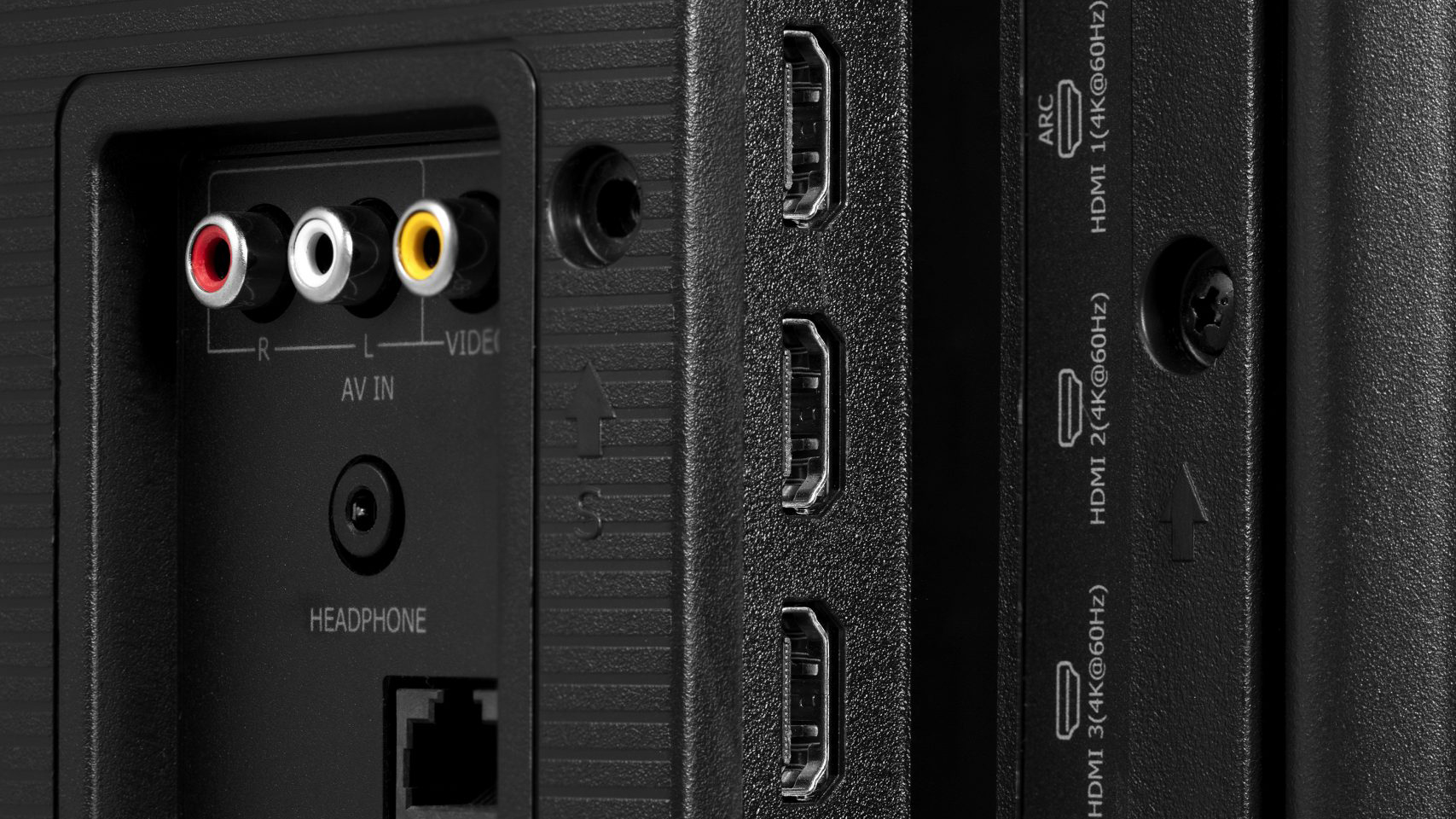
Hisense A6G review: features & what's new
The A6G is a 4K LCD screen, backlit by LEDs positioned around the edge of the screen (an arrangement Hisense refers to as ‘DLED’, but that is more commonly known as 'edge-lit LED'). This arrangement goes some way to explaining the A6G’s rather old-fashioned 74mm chassis depth, and that measurement in turn will make prospective customers think long and hard about whether or not to wall-mount their new Hisense TV. Those who decide against should know the (simple, quite elegant) ‘boomerang’ feet on which the A6G stands are quite a long way apart, and so will need quite a wide surface on which to stand.
If there’s an area in which Hisense routinely defies its own pricing, it’s specification - and the A6G is no different. Here’s a profoundly affordable TV that features both HDR10+ and Dolby Vision dynamic HDR formats, has the VRR and ALLM aspects of HDMI 2.1 specification across all three of its HDMI inputs, and eARC compatibility too for connecting up one of the best soundbars.
Wi-Fi connectivity is on board, and there are a couple of USB inputs, an Ethernet socket, a CI card slot and RF aerial binding post taking care of other sources. There’s even the seldom-spotted composite video input, just in case you’ve a 20th century source machine you want to hook up.
Audio information can be extracted via the digital optical and analogue 3.5mm outputs, in addition to the HDMI ARC support mentioned earlier. But if you prefer to leave noise-making duties to the TV itself, it’s delivered by a pair of full-range dynamic drivers sharing a total of 16 watts of power.
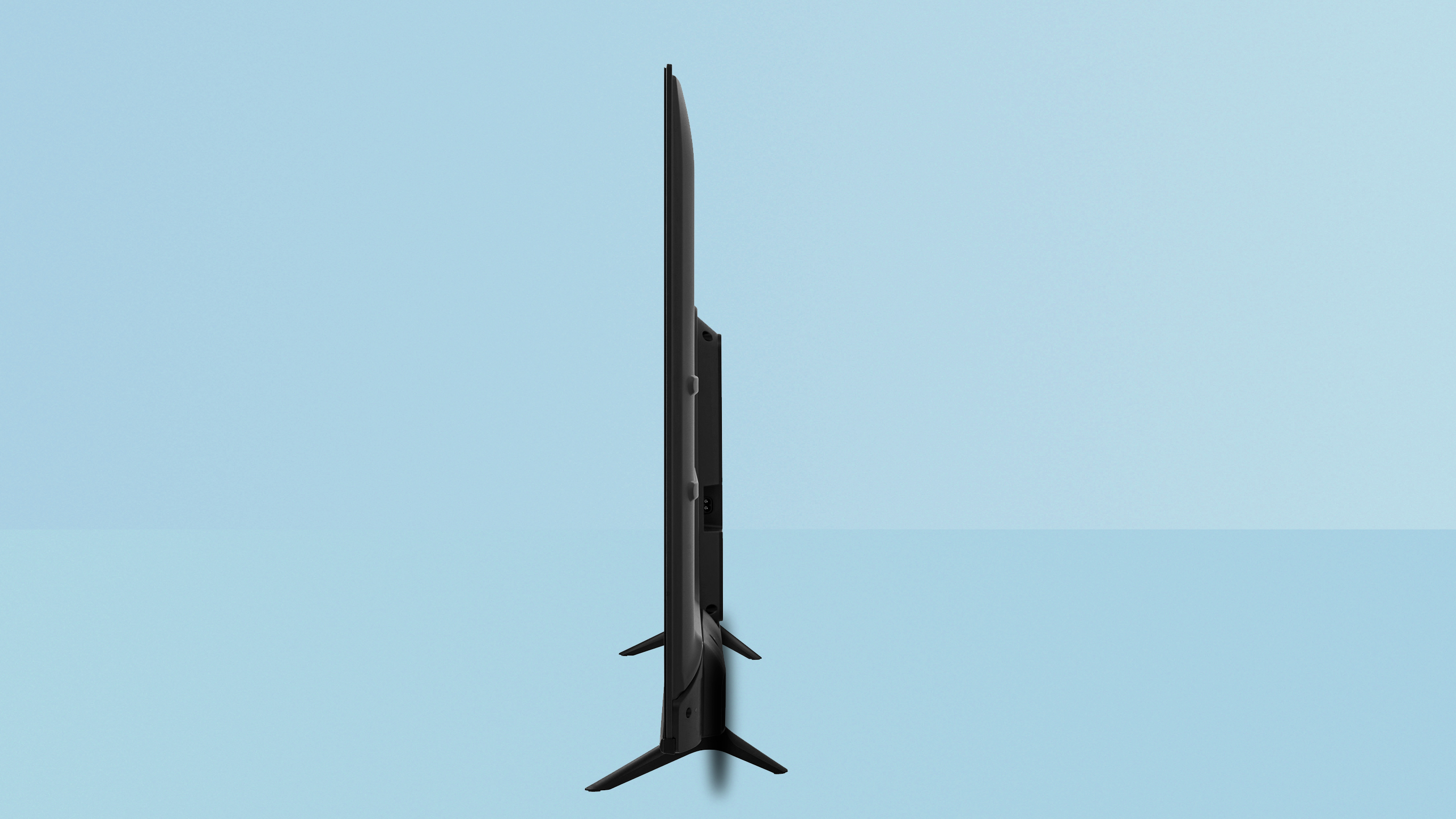
Hisense A6G review: picture performance
Like every 4K HDR TV that came before it, the Hisense A6G looks its best when given some native 4K HDR content to display. So treat it right and the results, to a pretty large degree, fluctuate between ‘acceptable’ and ‘really quite impressive’.
Certainly the colour palette is striking. The Hisense manages to be quite naturalistic and yet fairly vivid at the same time, and while it obviously doesn’t have the sort of forensic insight into the minutiae of shade and tone that the best OLED TVs deliver, it nevertheless has a huge amount of variation at its disposal. Skin tones, in particular, are lifelike and convincing.
It’s similarly adept when motion-control is concerned, too – which we’ll admit is a mild surprise, because quite often it's this sort of discipline that can betray a budget-conscious TV. The A6G keeps a firm, but not unnatural, grip on on-screen movement – even the most testing stuff is tracked smoothly and without obvious alarms. Great for sports as well as action movies and so on.
Detail levels are very acceptable, too. The Hisense manages to make sense of even quite complicated patterns or textures, and can extract the finer details from complex scenes without getting too aggressive about it.
There are shortcomings, mind you; of course there are. The configuration of this screen almost guarantees a shortage of true black and, sure enough, the A6G can’t muster anything deeper than ‘very deep grey’ – though it is well capable of differentiating shades of grey, which is something.
It’s also not a bright panel by any means, so contrasts are not as wide as they ideally would be. Images are quite flat across the board, too: the Hisense simply doesn’t give a convincing sensation of depth of field, and consequently everything looks more two-dimensional than a higher-end TV can manage.
As an upscaler, the A6G is pretty confident with Full HD 1080p content – it retains almost all of its facility with motion control, and detail levels remain respectable. It keeps hold of most of its colour fidelity, too.
But depth of field, which is negligible with 4K content, disappears altogether, and edge definition takes a hit too. But it’s when you step down from there to some properly vintage content that the Hisense throws in the towel somewhat – so unless you’re a fan of soft, indistinct images with generous amounts of picture-noise, you won’t ask the A6G to do too much upscaling of elderly standard definition programming.
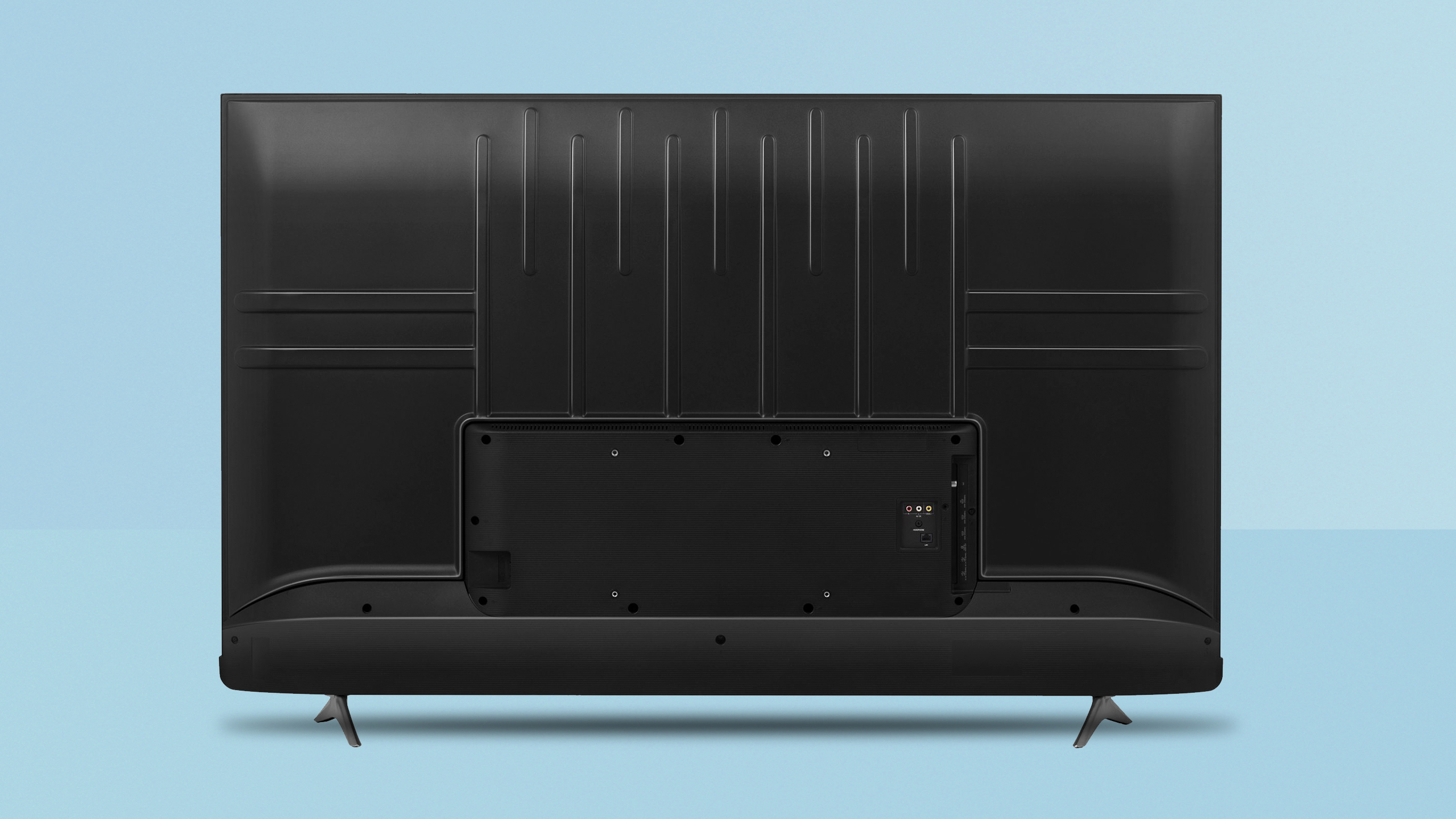
Hisense A6G review: sound quality
The Hisense A6G is hardly equipped to blow your sock off (in a sonic sense), and so it follows that two drivers powered by eight watts each leave your socks firmly in situ. It doesn’t help that the sound they make, as well as being predictably underpowered, is lacking in bass weight, dynamism or any real sense of immediacy.
In fairness, the Hisense pushes dialogue forward appreciably, which is sensible, and it doesn’t get particularly hard at full* volume, which is merciful. But it never sounds better than wheezy, and you’re advised to make use of the HDMI eARC port and pick up a soundbar pronto. At least this cheap TV leaves you some money left over for one!
(*which really isn’t very loud, admittedly)
Hisense A6G review: design & usability
On the outside, the Hisense A6G is an unremarkable looker – which, let’s face it, is what most of us want from a TV at any price, and what we’re all expecting from a TV as affordable as this.
That chunky chassis depth aside, nothing about the way the A6G looks is going to surprise you. It’s made from plastics that don’t feel especially cheap, and it’s all screwed together properly.
On the inside, the A6G show is being run by a quad-core processor. Among all its other duties, it’s looking after Hisense’s proprietary VIDAA U5 smart TV interface. It’s a clean, stable and pretty logical system, and it’s easy to customise – but app support is better described as ‘decent’ (Netflix? Amazon Prime Video? Disney+ Yes) than as ‘comprehensive’ (Apple TV? Shudder? Nope). Other Hisense TVs offer Android TV or Roku TV support instead of Vidaa, and we prefer those given a choice, but you can always use a streaming stick to add what's missing.
Navigating the smart TV interface, (extremely brief) set-up menus and what-have-you can be done using Amazon Alexa voice control (via the Remote NOW app) or the big, fully stocked remote control handset. Like its smart TV portal, the Hisense’s set-up menus are clear and concise – so you won’t be spending long before you’ve got picture quality to the point it can’t get any better.
Hisense A6G review: verdict
Hisense can be relied on not to let you down. Want a big, well-specified 4K TV for a lot less money than the ‘mainstream’ brands will charge? The A6G could be just the ticket. Well, as long as your ‘ticket’ involves largely 4K and HD content (which is most stuff from streaming services these days).
The 55-inch version is a real sweet spot of price and size, but all the models offer impressive value, and we certainly wouldn't blame anyone for wanting to just into the 75-inch version.
The limited contrast range is the biggest reason to look at a competitor instead – but let's be clear, you'd have to look at getting a smaller screen to get better image quality. In terms of balance acreage with image quality for a super-cheap price, you probably won't beat this.
Hisense A6G review: also consider
The Samsung AU7100 is the alternative we think you should look at here, but it's a price jump. You can basically get the 55-inch Hisense for the price of the 43-inch Samsung, the 65-inch Hisense for the price of the 55-inch Samsung, and so on. But it's the superior of the Hisense in effectively every way: contrast, detail, smart TV support… you'll still want a soundbar, though. It's basically a choice between image quality and size for your cash when choosing between these two. Here's our full Samsung AU7100 review.
Sign up to the T3 newsletter for smarter living straight to your inbox
Get all the latest news, reviews, deals and buying guides on gorgeous tech, home and active products from the T3 experts
Simon Lucas is a freelance technology journalist and consultant, with particular emphasis on the audio/video aspects of home entertainment. Before embracing the carefree life of the freelancer, he was editor of What Hi-Fi? magazine and website – since then, he's written for titles such as Wired, Metro, the Guardian and Stuff, among many others. Should he find himself with a spare moment, Simon likes nothing more than publishing and then quickly deleting tweets about the state of the nation (in general), the state of Aston Villa (in particular) and the state of his partner's cat.
-
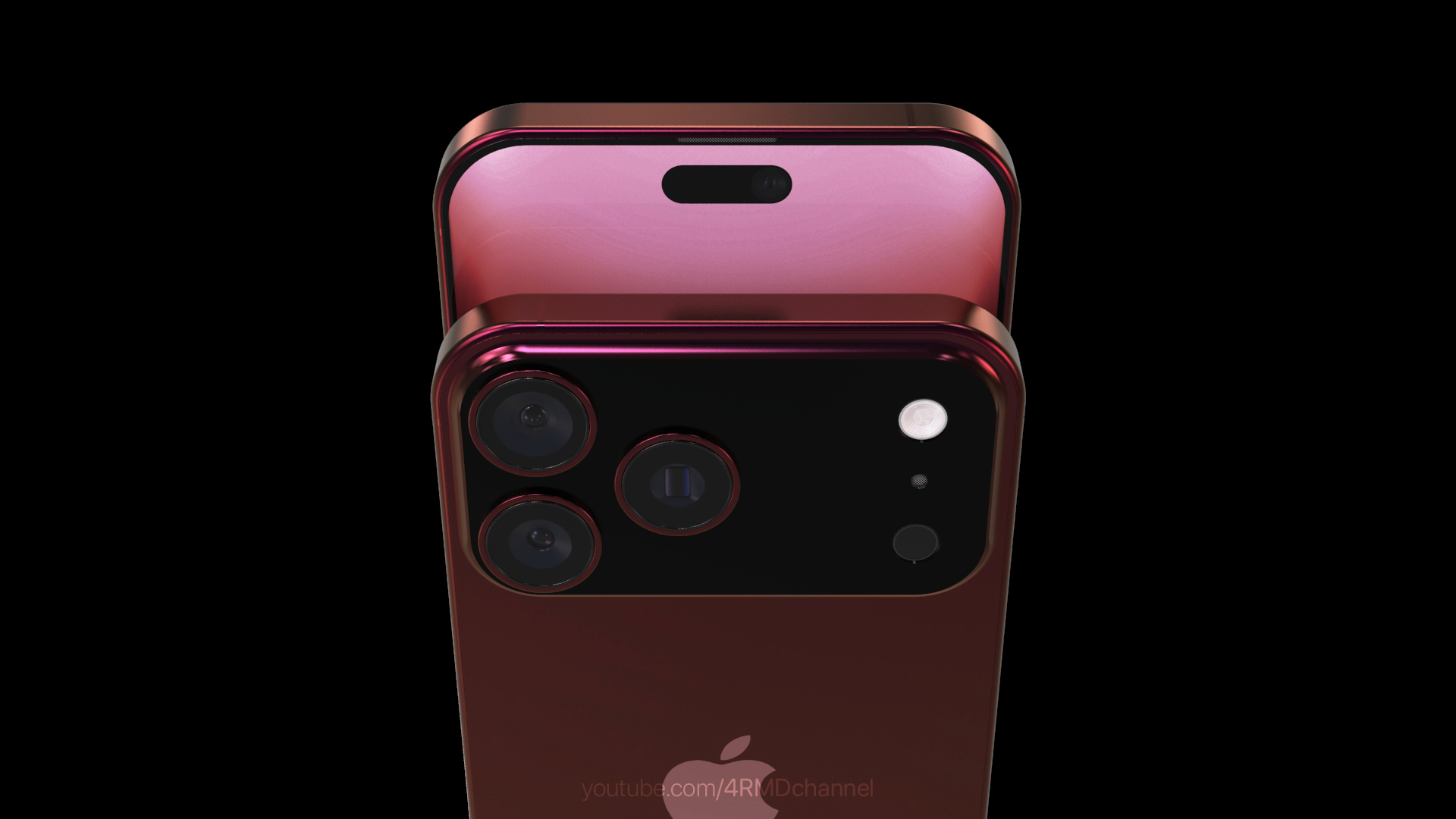 New iPhone 17 Pro Max renders give us the best look yet at the flagship phone
New iPhone 17 Pro Max renders give us the best look yet at the flagship phoneThis is going to cause a stir
By Sam Cross Published
-
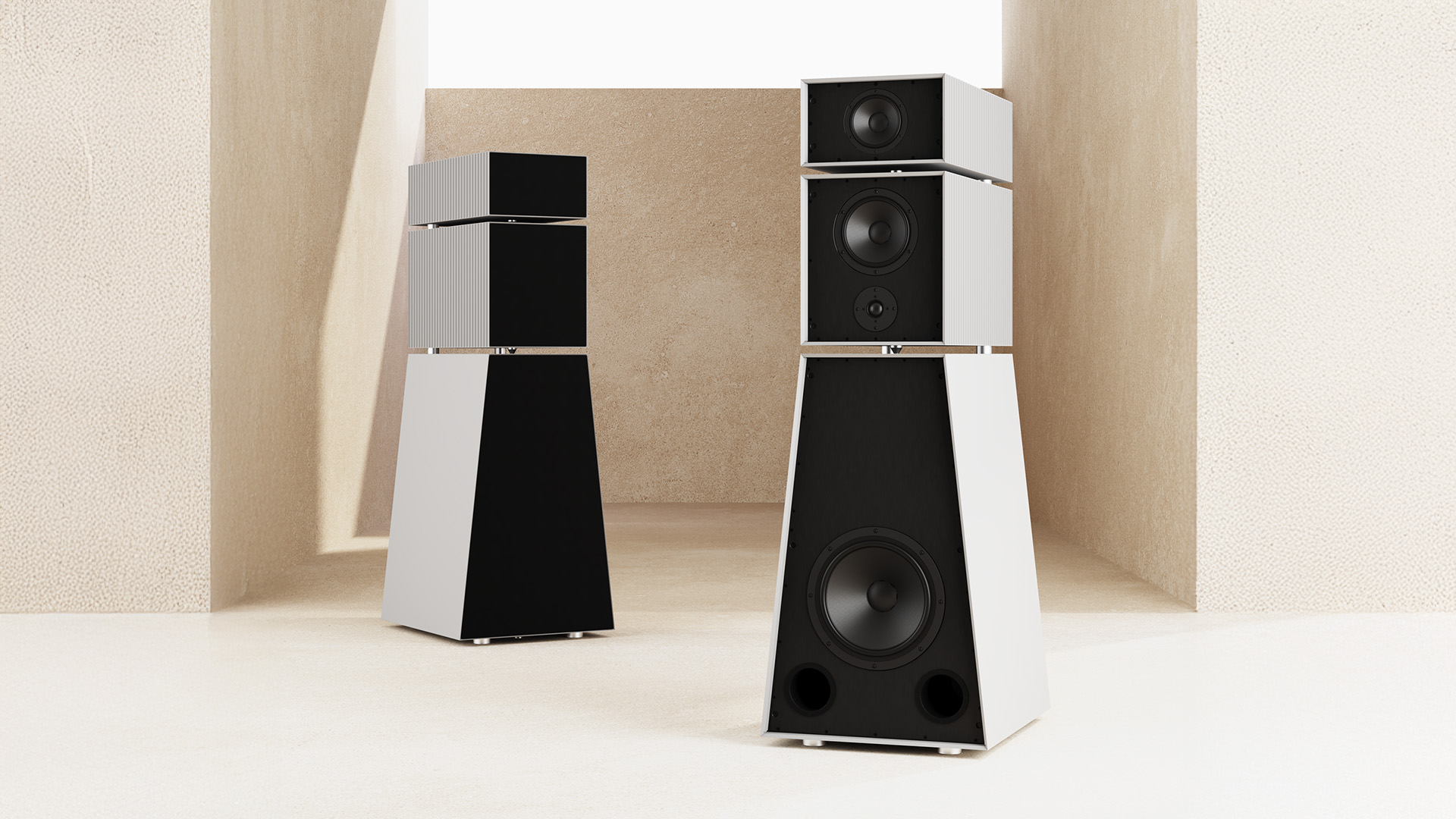 Meet Rhea and Theia, the speaker superstars with supercar prices
Meet Rhea and Theia, the speaker superstars with supercar pricesGoldmund's superbly sci-fi speakers are out of this world
By Carrie Marshall Published
-
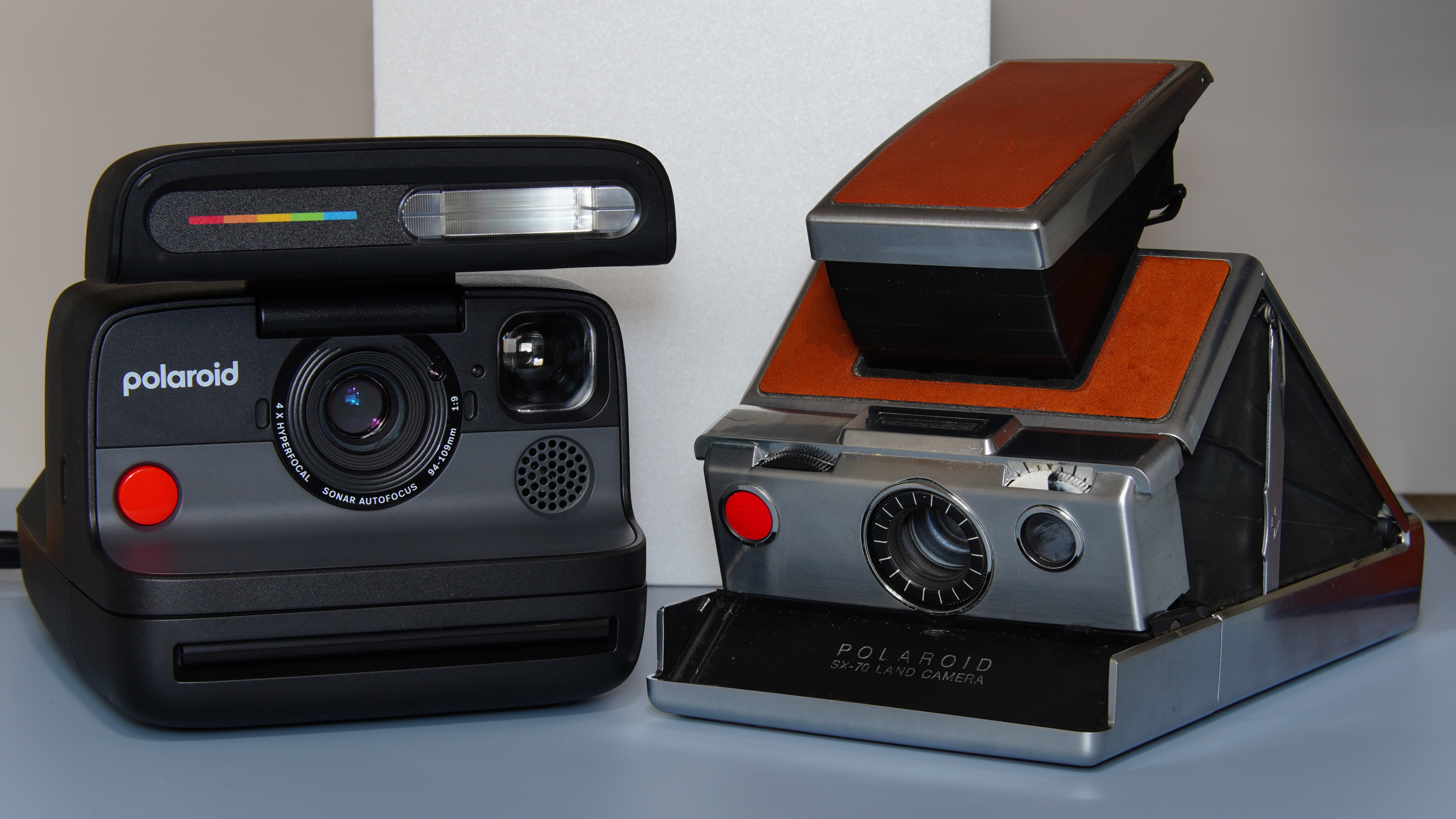 "A Polaroid SX-70 in 2025 would cost £2,500", says company exec
"A Polaroid SX-70 in 2025 would cost £2,500", says company execEXCLUSIVE: T3 discusses the reason why the iconic camera hasn't been remade
By Sam Cross Published